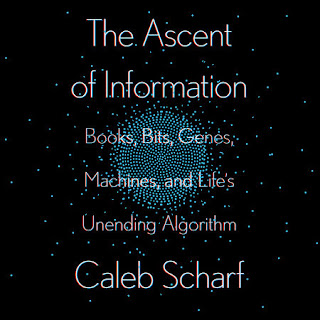While everyone has their own personal list, we could all maybe agree on some of the most iconic cars ever made. The VW Beetle, the 1968 Ford Mustang, the 1960 Corvette, the 57 Chevy, the Porsche 911, The 1955 Mercedes gull-wing, the DeLorean, and just for good measure, the 1963 Aston Martin.
But equally important is a vehicle that gets little attention, All of its models together only traveled under 100 miles. When it was built it was over budget, over schedule, and was only a two-seater. It was the lunar rover vehicle that was a part of Apollo 15, 16, and 17. Without it, we’d know a lot less about the moon, about our own planet, and even the solar system. Not bad for a car that was bare bones and electrified, long before Elon Musk was born.
That’s the story that Earl Swift tell in his new book Across the Airless Wilds: The Lunar Rover and the Triumph of the Final Moon Landings.
My conversation with Earl Swift







